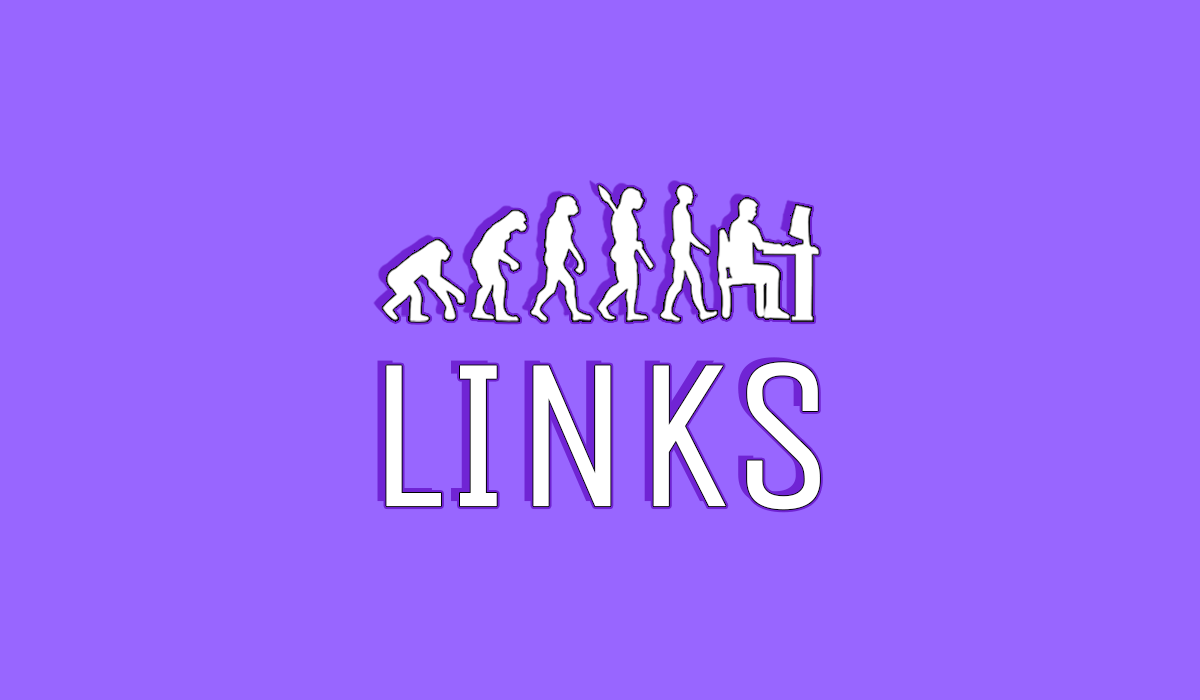LINKS - August 3rd, 2022
Welcome to LINKS — my attempt to provide Rhapsody readers with five interesting stories that tell us something about what it means to be human. LINKS is published every Wednesday. Have a link you want to share? Drop it in the comments.
Happiness as an act of resistance
“Is it right to be happy in a world that’s broken? That’s the question Simone de Beauvoir went to Albert Camus with. Beauvoir was worrying that being focussed on one’s own happiness meant one had to detach themselves from the political reality around them. But as long as our happiness isn’t born out of ignorance or apathy, as long as it’s authentic, even existentialists are allowed to be happy. In fact, they should be. Happiness can be a form of resistance against the injustice and absurdity of life, writes Skye Cleary.”
The Man Who Would Be a Machine
By Susan Orlean, The New Yorker
“In 2018, Scott-Morgan started the process of his transformation. He began with a complex surgery that redirected his digestion into a mechanized system. He then prepared for what he considered the most dramatic procedure—a laryngectomy. It would mean that he would no longer be able to speak naturally, but it would allow him to be hooked into a breathing apparatus that wouldn’t rely on muscle control. The inability to breathe and swallow is the most dire symptom of A.L.S. and often is the actual cause of death among those suffering from it, so Scott-Morgan thought this might forestall that. In preparation for the laryngectomy, he recorded twenty thousand words to be used in a synthetic-voice program. He also helped devise an avatar that he planned to have projected onto his face. The avatar would be able to move and show expression when his own facial muscles no longer could. An eye-tracking computer program allowed him to communicate. He had a souped-up wheelchair that employed every modification available and was able to raise him to a standing position.”
When the Surgeon Was an Uneducated Barber
“Before Andreas Vesalius’ seminal work De humani corporis fabrica (On the fabric of the human body) was published in 1543, common understanding of anatomy in Europe was largely based on the work of a physician named Galen of Pergamon, who was born in what is now Turkey in 129 A.D. Because dissections of human bodies were forbidden in the Roman Empire at the time, Galen relied on dissections of animals to make inferences about humans. His teachings included descriptions of the liver as having five lobes (human livers have two) and the wall separating the left and right sides of the heart as being littered with small holes (which led to significant misunderstandings of human circulation until the 17th century). ‘Western anatomy and medicine had, for hundreds of years, been effectively based on one man’s anatomical romp through the animal kingdom,” writes Paul Craddock, historian and author of Spare Parts: An Unexpected History of Transplants, published this May.’”
In Polynesia, tattoos are more than skin deep
By Jill K. Robinson, National Geographic
“When people understand that there’s always a meaning and story behind Polynesian tattoos, Samuela believes they spend more time thinking about what they want and how they want to memorialize their journey. ‘Tattoos are part of our lives. It’s cultural, and not fashion,’ he says. ‘I’ve always been interested in sharing the traditional art of tatau with other people.’
“As with many things to consider as a visitor in a destination, it ultimately comes down to respecting the wishes of the Indigenous people. Many of these cultures are alive and thriving. If they believe that elements of their art should be left alone, that feeling warrants respect.
“‘People don’t realize the primary difference between traditional tattoo and modern tattooing is that within traditional cultures, it was a mark of conformity to one’s cultural norms,” says Allen. ‘This is quite different than in Western culture, where a tattoo generally marks individuality.’”
Friendships with rich people may help lift children out of poverty
“Relationships can have a profound influence on a life, from the schools that people attend to the jobs they land. But teasing out how those connections impact a person’s economic status is tricky. Now, an analysis of billions of Facebook connections suggests that childhood friendships between wealthier and poorer individuals is linked to increased earnings later in life for poor children, researchers report online August 1 in Nature.”




